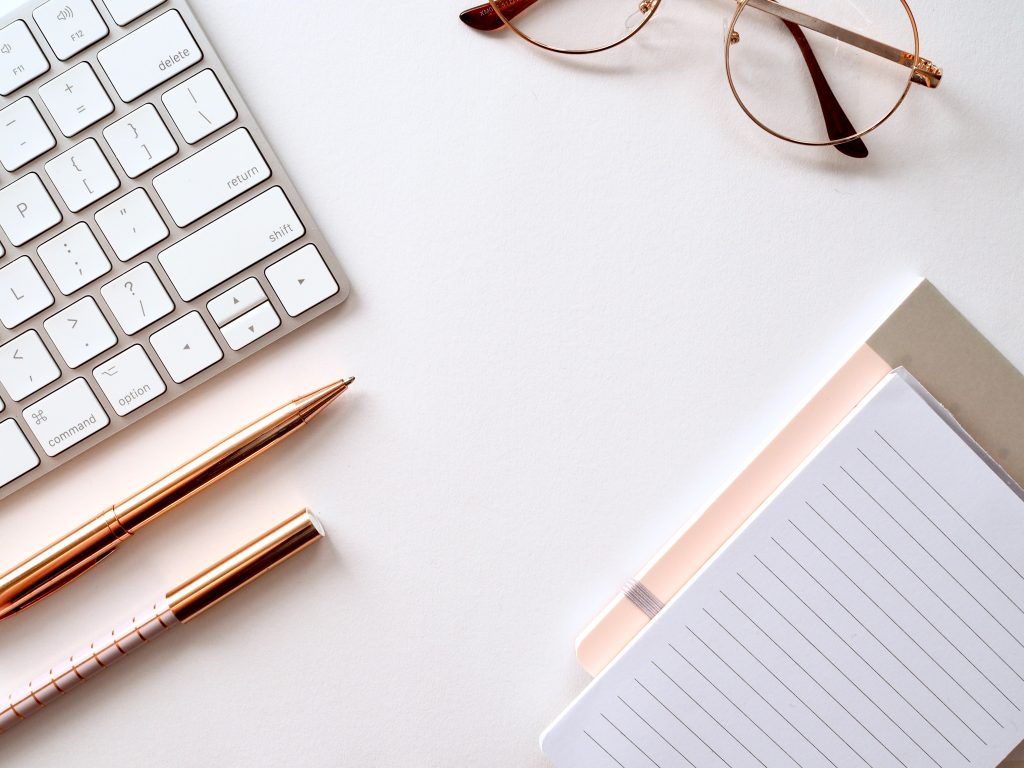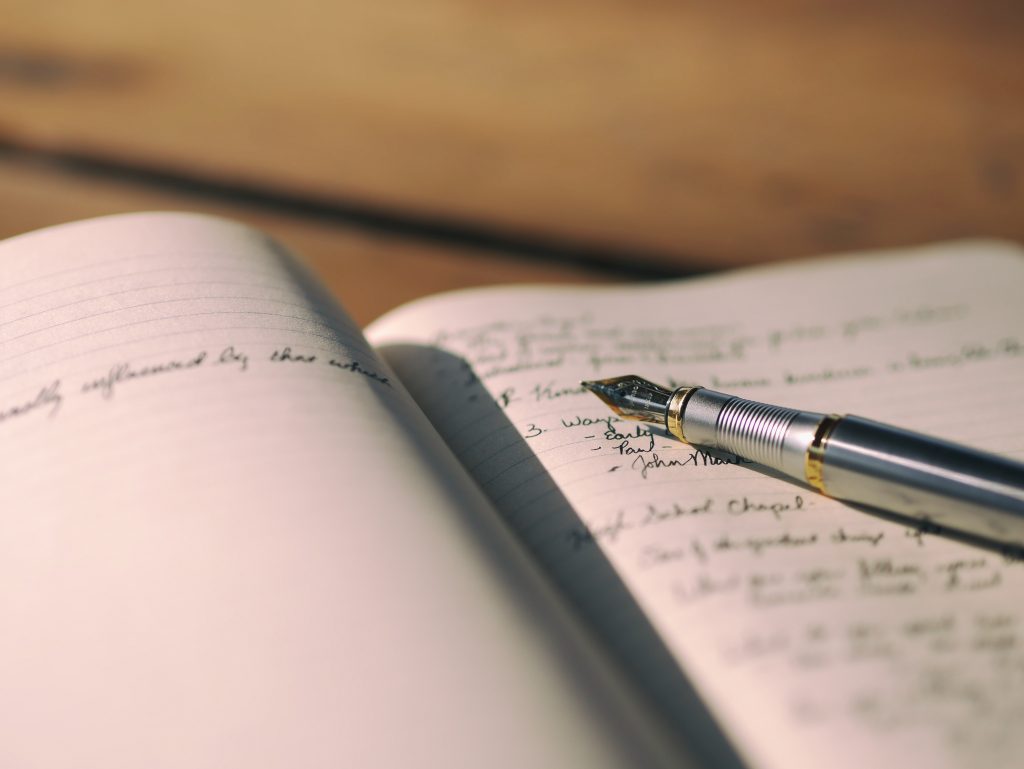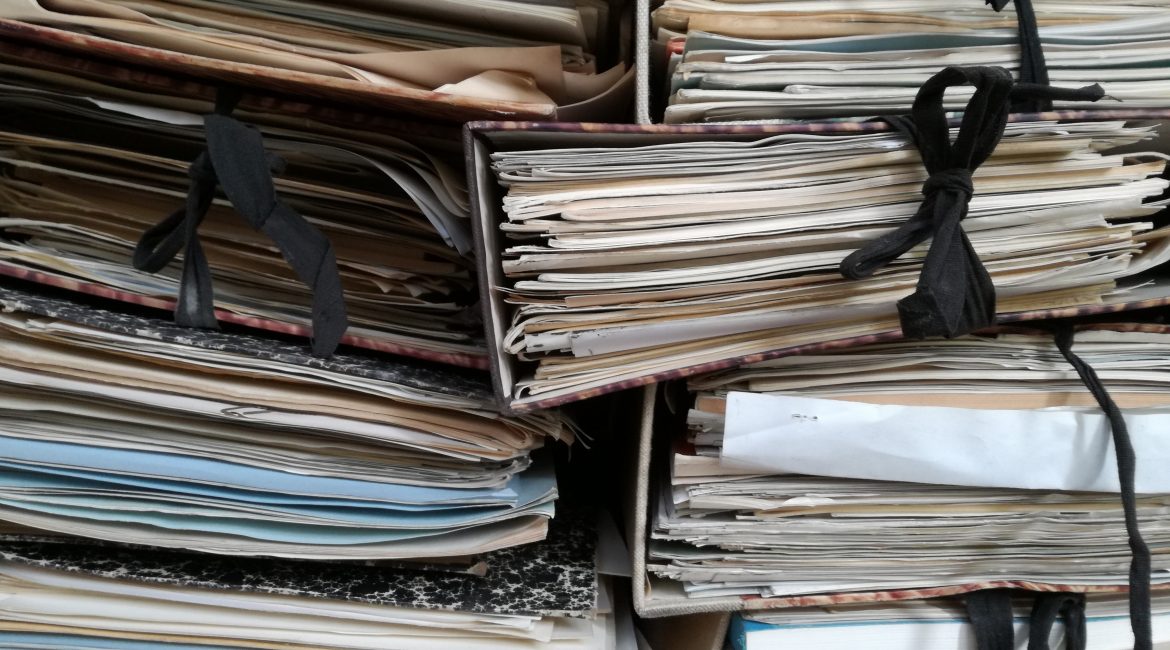This is excerpted from The Daniel Fast for Financial Breakthrough.
Living with order is a good practice. And when our financial matters are in order and managed consistently, we feel better. Order helps us stay on track. It tells us where we are and helps us develop plans for where we want to go.
This book is not intended to help you develop a holistic financial plan. Some excellent Christian authors have written volumes about this, and you can get solid advice from their work. (See Tools and Resources, page 223.) However, I do want to offer some basic suggestions for getting started tracking your financial information if you haven’t been doing this and don’t know where to begin. Find a plan that works for you. Getting your financial matters in order is the first step to managing your money in a way that honors God.
Organizing Your Materials
Let’s begin with a fundamental question: When I talk about financial papers or information, what am I referring to? Statements for all your accounts (checking, savings, any investment accounts, any retirement accounts). Receipts for significant purchases or charitable donations. Tax returns and other tax documents. Bills. All of these papers need a home.
Create a Workspace
You want to have a place where you can work on finances on a regular basis. This can be a desk in your home office, or it can be as simple as a file box that you take out and use at your kitchen table or counter. The main goal is to have a place where you keep all your bills, records, and supplies so you can easily pull them out when you’re ready to work on them.
In today’s electronic environment, you most likely will need to have a digital workspace as well as a physical workspace. Create a finance folder and relevant subfolders on your computer. You could also create a Money Matters folder in your inbox where you can store invoices and receipts that are emailed to you.

Keep Like Things Together
I use this principle for bills and financial records, as well as for things in my home. Imagine your kitchen: You most likely keep all your spices in one rack and store your knives together. Your dishes are in one cupboard. This plan to keep like things together helps you to be organized. You know where to get an item when you need it, and you can tell someone else where to find an item because you know exactly where it’s stored. There’s a sense of security when you keep things in order because you don’t have to look all over the place to find something.
This same principle is very helpful for your financial records. Keep all your unpaid bills in one box or file folder. Create files for your account statements, tax returns, and other records so you can easily sort them, store them, and retrieve the information if you need it. Your record storage should be simple and easy to use.
Develop a Routine
Consider taking ten minutes each day to manage your money matters. This may sound like too much, but it doesn’t have to be a separate task to remember. You can make it part of your morning routine, or perhaps do it just after you get home and you have the day’s mail. Sort everything. If a bill needs to be paid, pay it online or write a check and get it ready to mail. Review any online transactions to make sure they were recorded correctly.
The advantage of a daily routine is that you’ll stay on top of your money matters, and you won’t need to decide when to do the work. The routine will soon be like clockwork. And if you miss one day, it’s easy to make up the next day.
If you don’t choose a daily routine, you’ll want to attend to your financial matters at least once each week. Choose a regular time—perhaps on a Saturday when you’re also seeing to other household tasks like laundry or waiting for a meal to cook. Pick something that works for you and that you’re sure you can follow consistently.
Let me pop in a little tip here that can make a big difference in your life. Every time you pay a bill, give thanks for the service or goods you’ve received. For example, “Thank You, Lord, for the electricity and fresh water I have in my home. Bless the people who work to provide these utilities for me. And thank You for the money You’ve provided for me so I can pay for this valued service.” Try it. You’ll be surprised at how giving thanks improves your attitude about paying bills.
Choose a System
You need a physical or online system to help you track your income and expenses. Pick a system that you will use regularly and that makes sense for your needs. You want it to be simple and easy to use. There are many models from which to choose; you can find lots of ideas on YouTube or from experienced home finance managers. Here are a few:

Ledger Book
This may be the simplest way to track your finances, as it contains pages for income and pages for expenses. Using a ledger book allows you to categorize your spending to track where your dollars are going. You can also use it to plan when you will pay a specific bill at a time that will work with your cash flow.
Calendar Pages
I know of a woman who reins in her out-of-control spending by using a monthly calendar to track her income, her bills, and the money she has available for discretionary spending. Here is how she does it:
1. She logs each of her bills on the calendar on its due date.
2. She is paid twice a month, so she logs her two paychecks and color-codes them with a felt-tip marker; the first is blue and the second is pink.
3. She links each bill to one of the paychecks. For example, if her car payment is due on the tenth of the month, it’s linked to the first paycheck and she color-codes it blue.
4. She then uses a ledger sheet to list the bills in each category and color-codes them.
5. The final step is to plan for discretionary spending. After all her bills are logged in her ledger, she totals each group of bills and subtracts that amount from her paycheck amount. The balance, or money left over, is what can be used for groceries, gifts, clothing, beauty care, and other discretionary spending.
This visual approach can help you get in touch with your money and cash flow. My friend has paid off thousands of dollars of debt and now can easily and joyfully live within her means.
Envelopes
I’ve never budgeted with envelopes, but a lot of folks swear by this method, saying it helps them use cash to stay within limits for discretionary spending.

First, make a set of envelopes. Each one will be designated for a specific category, such as groceries, fun, gas, eating out, gifts, personal care, clothing, children’s activities, and so forth. Look at a month or two of past spending to figure out what categories you should include.
Plan the amount you will spend in each of the categories. For example, let’s say you have budgeted $500 a month for groceries. At the beginning of the month, withdraw $250 from your bank account and place the cash in the envelope marked Groceries. Then commit to paying cash for all your groceries and spending only that much for the first half of the month! If you’re at the store and you realize your bill is going to be more than your allotted amount, put items back on the shelf rather than taking money from another category. This isn’t your time to rob Peter to pay Paul. Using this method will help you control your spending and stay within your limits.
Repeat the process at the mid-month point, replenishing your envelopes. As you get used to this method, you may make some adjustments and decide to allocate different amounts to different categories. That’s part of managing your money and living within your limits.
Computer Software or Smartphone Apps
Quicken is a popular home-budgeting and money-tracking software that is affordable and very useful. A great benefit of Quicken is that most banks will download all your transactions into the program. Quicken recognizes the category for each transaction, which allows you to track your spending easily, quickly, and efficiently. Quicken also can transfer your records into a companion software, TurboTax, so you can do your own taxes or easily give the information to your tax preparer. In addition to desktop software, Quicken has a mobile app that can help you track spending and manage finances on the go.
Online programs and apps are becoming more popular and can help you track spending, pay bills, access accounts, and get an overview of your financial picture. Two low-cost options are Mint and Acorns, but there are many options. Read reviews and find one that works for you.

The Daniel Fast for Financial Breakthrough by Susan Gregory
Bestselling author Susan Gregory, the popular “Daniel Fast Blogger,” has helped countless readers discover renewed physical, mental, and spiritual health through the 21-day Daniel Fast. Now, in The Daniel Fast for Financial Breakthrough, she leads us on a journey to practice the spiritual discipline of fasting while learning to honor God with our finances. Filled with a detailed fasting framework, more than 70 new recipes, a meal planner, and a 21-day devotional to guide you through the fast, The Daniel Fast for Financial Breakthrough will help you seek God’s guidance for your financial life. You’ll discover both a healthy approach to financial freedom and a healthy dependence on God’s provision.




